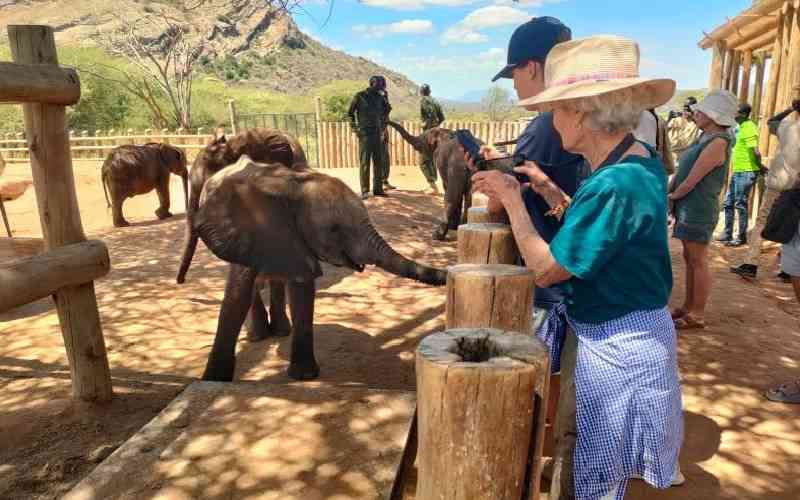
Though better known for her iconic safaris and exquisite beach experiences, Kenya has huge untapped niche tourism potential awaiting exploration. Niche tourism-a preserve of adventure seekers looking for distinct experiences and enthusiasts of a range of thrills and penchants-presents an opportunity that Kenya's tourism should consider veering into more intentionally. But which are Kenya's most viable niche tourism offerings? Let's consider six of the many.
Cultural tourism can draw from Kenya's vast traditional heritage with her close to 50 people groups. This form of tourism feeds off the curiosity of visitors desirous of immersions built around unique time-garlanded antiquity of such people as Waswahili or the Maa communities. That is not to say each community does not have its distinctive allures tenable for cultural tourism. Far from it! The best way of embellishing this particular niche of tourism is to include homestays and cultural tours.







